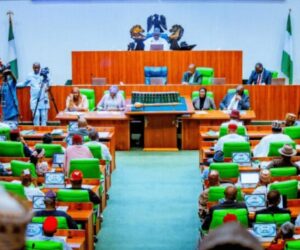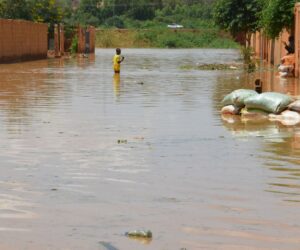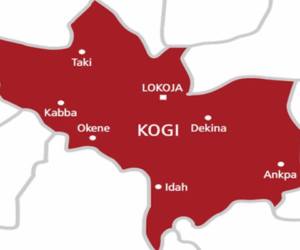The Katsina State Government has set aside the sum of over N100 billion for the implementation of various programmes under the Nigeria Community Action for Resilience and Economic Stimulus (NG-CARES) scheme.
The intervention programmes which are being implemented across the country are designed to address the challenges of food security, potable water, healthcare, education, and the provision of small grants to households for executing livelihood projects.
Ibrahim Kaula Mohammed, chief press secretary to the Governor of Katsina State, confirmed the information in a statement he issued on Monday, as seen by BusinessDay.
Governor Radda was said to have made the disclosure, while a two-day National Retreat on NG-CARES, with the theme: “Building a Sustainable NG-CARES Programme: The Role of the National Assembly” for lawmakers from the state, at federal and state tiers of government, which had officials of development partners, and community stakeholders in attendance.
The governor was said to have described the NG-CARES programmes as financial support designed to help households face economic hardship, and urged the participants in the retreat to propose innovative solutions to protect the poor, empower youth, and strengthen resilience in both rural and urban communities.
He was also said to have highlighted the various successes recorded by the state in the implementation of climate-smart agriculture, skills training, and in supporting MSMEs, which are helping in revitalising local economies and in promoting self-reliance, assuring that his administration will continue to invest in these platforms to deepen their impact.
In his address earlier, Lukman Mudassir, who represented the Speaker of the House of Representatives, Abbas Tajudeen, was said to have commended the Katsina state government for effecting the payment of all pension arrears.
Noting that the state has also become a model of accountability, revealing that the House of Representatives had established a dedicated Committee on NG-CARES/CSDP to ensure social protection reforms leave no vulnerable Nigerian behind.
Also speaking at the occasion, Abubakar Yahya Kusada, Chairman of the House Committee on NG-CARES, was said to have recounted the various programmes launched during the COVID-19 crisis to support households, farmers, MSMEs, and vulnerable groups.
While praising Governor Radda for strengthening CSDA as a robust vehicle for poverty reduction.
Also, Kusada disclosed that the National Assembly had made provision for the implementation of the NG-CARES programmes in the federal budget to ensure continuity and predictable funding. He announced plans for a centralised digital dashboard to track real-time programme implementation across states.
Read also: State’s slow compliance to pension reform worsening social protection for workers
“The vision is clear — to transform NG-CARES into a fully institutionalised, sustainably funded, and nationally owned programme,” he said.
In his goodwill message on the occasion, a representative of the World Bank, Pami Ade, was said to have acknowledged the harsh reality of poverty in Nigeria, but noted that structured programmes like NG-CARES were designed to address the poverty situation.
Commending Katsina’s ward-based model, which allocates at least ₦10 million to every community for projects such as schools, clinics, roads, and farm inputs.
“This is true community-driven development. Proper use of funds encourages more support, addresses food insecurity, and reduces frustrations that often fuel violence,” Ade said, emphasising the need for stronger laws and institutional frameworks to secure NG-CARES’ future, and recommending that Katsina’s model be scaled nationwide.
The retreat, attended by development partners, traditional rulers, state commissioners, and civil society groups, will deliberate on strategies to institutionalise NG-CARES, ensure transparency, and strengthen Nigeria’s overall social protection system.









